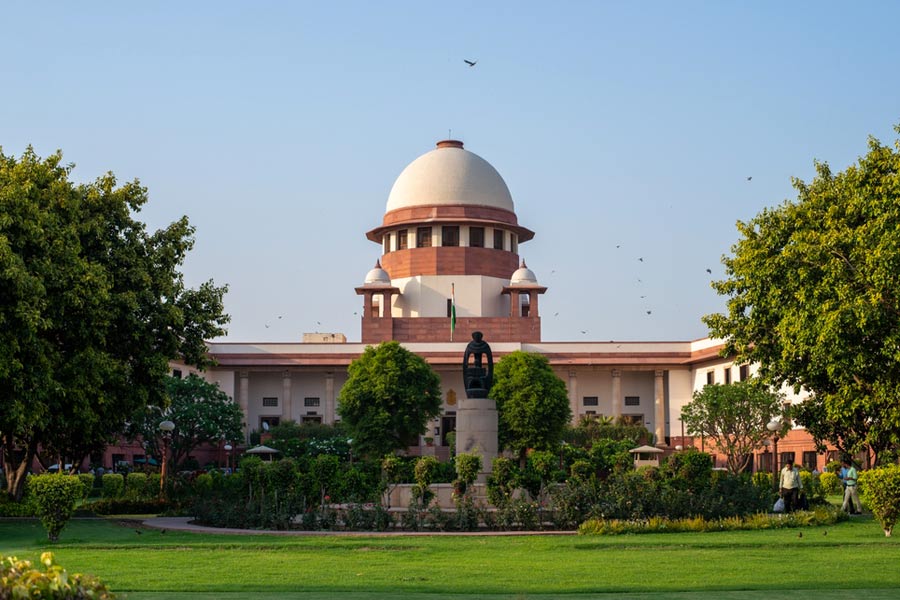The Enforcement Directorate is in focus again. A three-judge bench of the Supreme Court agreed to hear applications for a reconsideration of a 2022 judgment that strengthened the ED and its powers to seize, search, summon and arrest to execute the Prevention of Money Laundering Act. This happened at a time when the Narendra Modi government was being criticised for weaponising certain laws, among them the PMLA. The former Chief Justice of India had issued notice on a petition for review of the matter soon after, reportedly mentioning that two issues prima facie appeared to require reconsideration. One was that the enforcement case information report need not be given to the accused. Ruling on the petition of two realtors recently, the Supreme Court had emphasised that providing the ECIR was to be the rule, not the exception. The other issue was the reversal of the presumption of innocence. The Supreme Court had said in the case of the realtors that a refusal to answer questions could not be considered guilt. This time, when the solicitor-general of India, Tushar Mehta, expressed surprise that a three-judge bench was going to hear applications against the judgment of another three-judge bench, the court reportedly asked whether it was written in stone that this could not happen. That suggested how important the court considered the issue.
The actions of the Enforcement Directorate, therefore, are no longer free from scrutiny.
Mr Mehta requested the court to postpone the hearing of applications till the imminent visit of an international delegation of the Financial Action Task Force was over — in the ‘national interest’. The court, however, refused the request, reportedly saying that national interest may be in hearing the matter too. This statement was a pointer not just in this case but also in a far broader sense. National interest has often been mouthed by governments for their own convenience, but seldom so persistently as by the present one. The Supreme Court’s use of it, especially in the context of the controversial application of the ED’s powers and the earlier ruling in the case of the realtors, redefined the substance of the phrase, placing nation above the narrow interests of the ruling government. National interest must be upheld, in law and in politics, not treated as a ruse.










